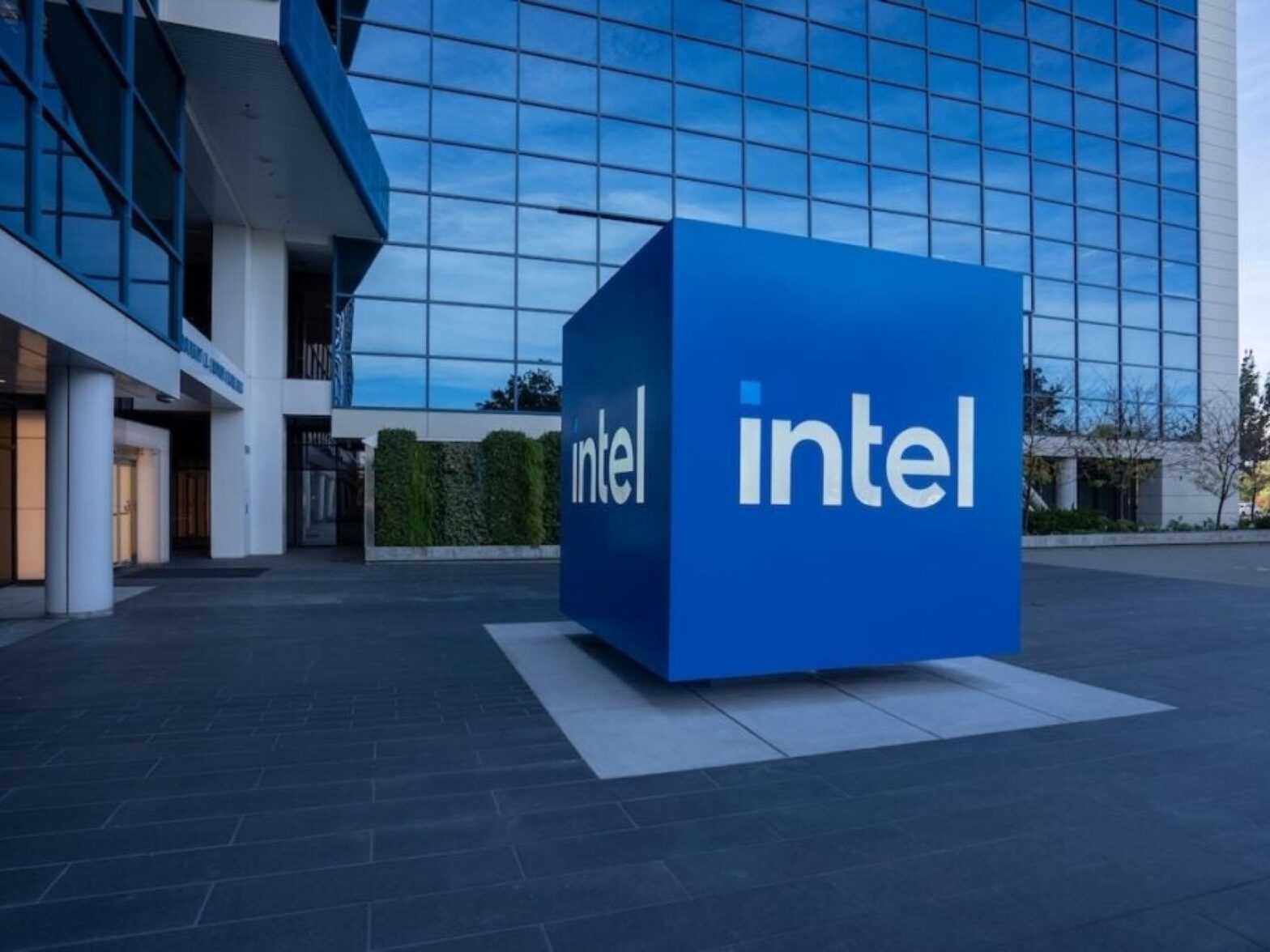April 19 will see the fourth halving for Bitcoin (CRYPTO: BTC), the world’s first and most popular cryptocurrency.
But what exactly happens during the halving and what consequences could it have for Bitcoin investors?

How The Bitcoin Halving Mechanism Works
Bitcoin’s supply is capped at 21 million coins. This finite supply is a core principle differentiating Bitcoin from traditional fiat currencies, which have theoretically unlimited supply. To distribute bitcoin, the network relies on a process called mining. Miners compete to solve complex mathematical puzzles, and the successful miner receives a block reward in the form of newly minted bitcoin.
The halving event, embedded in Bitcoin’s code, reduces this block reward by 50% every 210,000 blocks mined, roughly every four years. The first halving occurred in 2012, followed by subsequent halvings in 2016 and 2020. Each halving has been accompanied by a surge in Bitcoin’s price, although the timing and magnitude of these increases have varied.
What To Expect From The 2024 Bitcoin Halving
The upcoming halving is expected to have several key impacts on the Bitcoin ecosystem:
- Reduced Supply: With the block reward decreasing by half, the number of new Bitcoins entering circulation will be significantly reduced. This aligns with the concept of digital scarcity, where the limited supply of Bitcoin becomes even more pronounced, potentially driving up its value.
- Increased Mining Difficulty: As the block reward diminishes, miners may need to invest in more powerful hardware to maintain profitability. This could lead to increased mining difficulty, further restricting the flow of new Bitcoins.
- Potential Price Appreciation: Historically, Bitcoin price increases have followed each halving event. However, it’s important to remember that past performance is not necessarily indicative of future results. Several factors, including market sentiment, regulatory landscapes, and adoption rates, will also influence Bitcoin’s price trajectory.
Will Bitcoin Go Up After The Halving?
The 2024 halving could be a catalyst for wider institutional adoption of Bitcoin. As the narrative of digital scarcity strengthens, institutional investors seeking diversification and a hedge against inflation may find Bitcoin’s limited supply and predictable halving schedule increasingly attractive. This could lead to a significant influx of capital, potentially increasing the price of Bitcoin.
Also Read: Bitcoin ETFs Notch $39M Net Inflows On Tuesday, But One Fund Stumbles
Is The Bitcoin Halving Priced In?
Despite the potential benefits, the 2024 halving also presents some uncertainties. The immediate impact on price remains unclear. There’s a possibility that the market has already priced in the halving event, leading to a muted response. Additionally, regulatory concerns and potential energy consumption issues surrounding Bitcoin mining could dampen investor sentiment.
While the 2024 halving is a significant event, it’s important to view it as part of a larger narrative. The future of Bitcoin hinges on its ability to overcome challenges and evolve as a technology.
Continued development of the Lightning Network, a second-layer solution for faster and cheaper transactions, and advancements in scaling solutions are crucial for Bitcoin to maintain its position as a dominant force in the digital asset landscape.
Should You Invest In Bitcoin In 2024?
For both existing and potential Bitcoin investors, the 2024 halving serves as a crucial reminder of the importance of conducting thorough research and understanding the inherent risks involved. Bitcoin remains a volatile asset class, and investors should only allocate a portion of their portfolio that they can afford to lose.
Benzinga’s upcoming Future of Digital Assets conference, scheduled for Nov. 19, 2024, presents a valuable opportunity to gain deeper insights into the potential implications of the 2024 halving and the broader future of Bitcoin.
This conference will bring together industry experts, leading investors, and blockchain developers to explore the latest trends and technological advancements shaping the cryptocurrency space.
Attendees will have the chance to learn about the evolving regulatory landscape, investment strategies for digital assets, and the potential applications of blockchain technology beyond Bitcoin.
Read Next: Is Bitcoin Getting Its Own Emoji? Major Crypto Push Aims For 50,000 Endorsements
Image: Shutterstock





